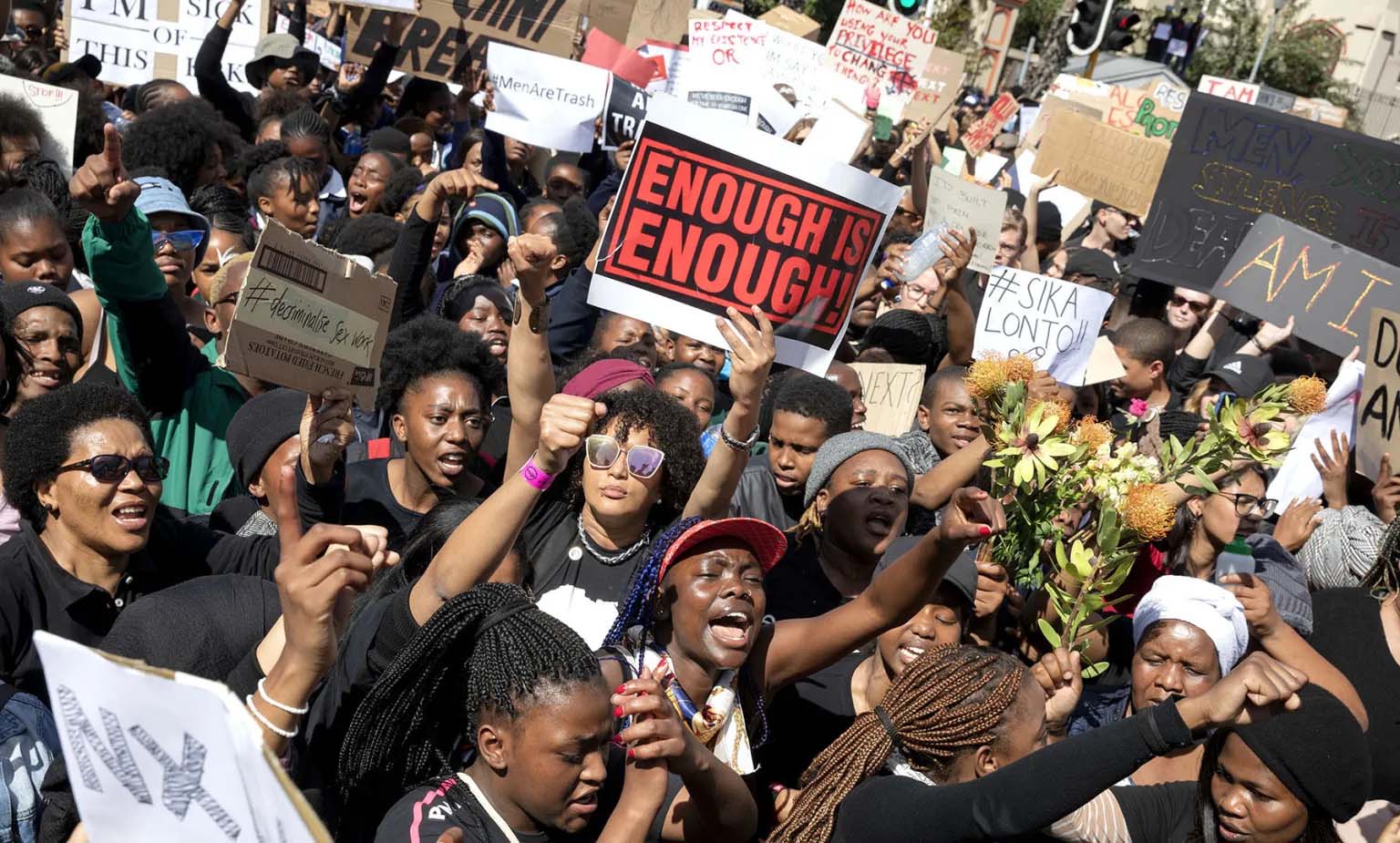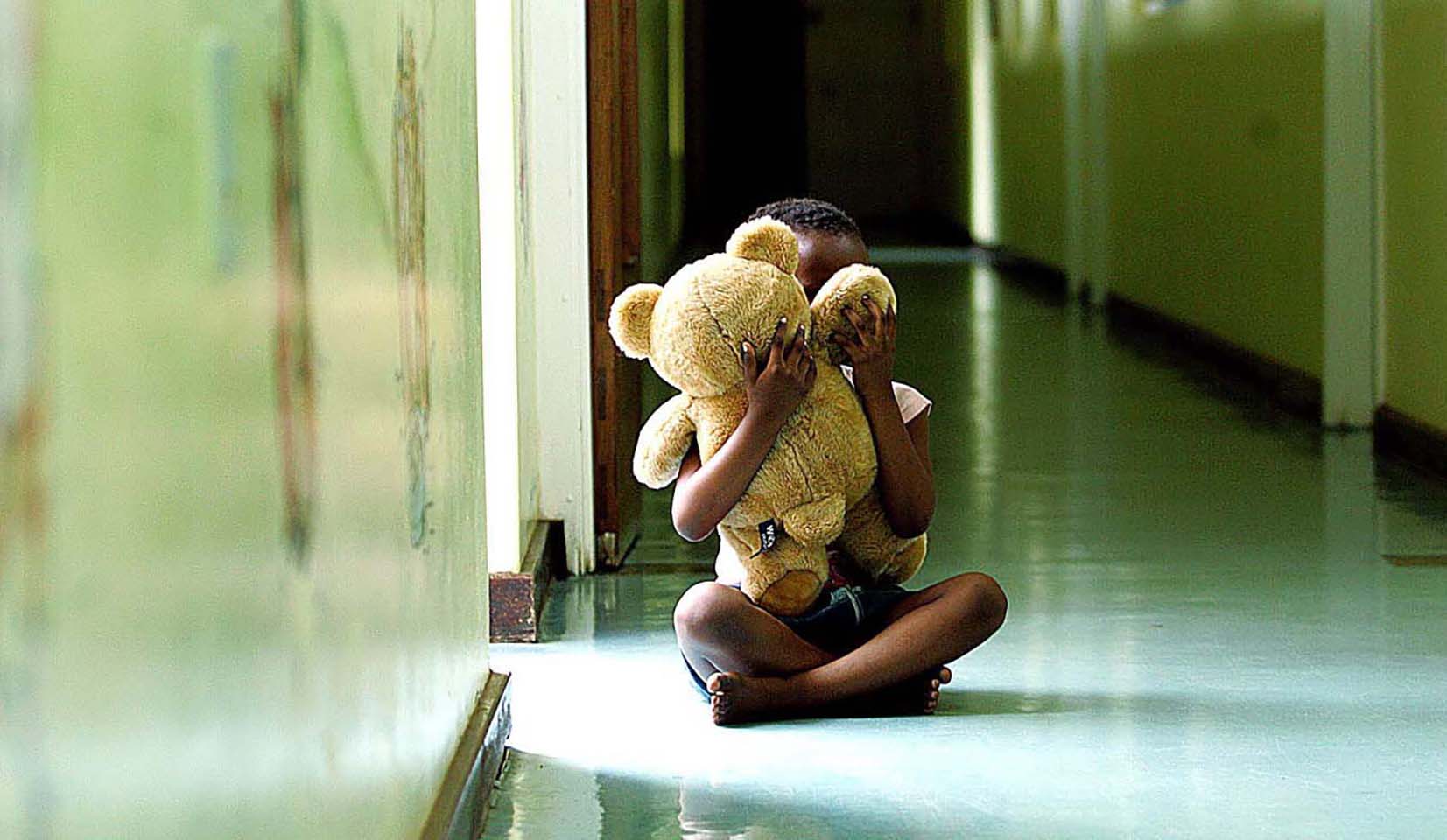MISUNDERSTOOD DUTY OP-ED
Teenage pregnancies, health workers and the mandatory reporting of sexual offences

The law in South Africa around statutory rape is complex. The Department of Health needs to do better for young women by developing protocols, training and referral networks that will support health workers to honour their duty to report sexual offences.
A Change.org petition circulated recently under the banner “Teenage Pregnancy Is Statutory Rape!” Its goal was to prompt Minister of Health Dr Joe Phaahla to issue a policy making it compulsory for medical personnel to report the pregnancies of minor children to the police so that criminal investigations can be carried out.

Minister of Health Dr Joe Phaahla. (Photo: Gallo Images / Papi Morake)
This, the author argues, will enable South Africa to curb the statutory rape of minors. The author’s passion for the right to equality and protection of young girls in South Africa is clear and inspiring. It’s also high time that we paid attention to the underdeveloped nature of the health sector’s response to gendered forms of violence.
However, there are three reasons the petition may miss the mark on what its author correctly describes as an alarming situation among adolescents.
First, the Children’s Act of 2005 and the Criminal Law (Sexual Offences and Related Matters) Amendment Act of 2007 already contain mandatory reporting requirements when a child has been the victim of any sexual offence. Section 110 of the Children’s Act places a legal duty on a wide range of role-players, including medical practitioners, to report a reasonable belief that a child has been sexually abused to a designated child protection organisation, the provincial Department of Social Development or a police official.
The Sexual Offences Act goes further, with section 54 placing a legal duty on every person in South Africa to report knowledge of a sexual offence against a child. Failing to report such knowledge is itself an offence that may result in a fine and/or a prison sentence of up to five years. In other words, it is already compulsory in law for medical personnel — and anyone else for that matter — to report sexual offences against children to the police.

The Embrace Project, a nonprofit combating gender-based violence and femicide in South Africa, launched a constitutional challenge against the problematic definitions of consent and rape in the Sexual Offences Act. (Photo: EPA-EFE / Nic Bothma)
Second, all teenage pregnancies are not the result of statutory rape. The case of Teddy Bear Clinic for Abused Children and Another v Minister of Justice and Constitutional Development and Another made significant positive changes to the law on statutory rape, particularly for children between 12 and 16. After this case, the law is now as follows:
- No child below the age of 12 can ever consent to sex, even if they say they do. So, a learner of 10 getting pregnant is rape, not “statutory” rape at all, and should immediately be reported to the police. The adults who learnt about it, but failed to report it, can be charged.
- Children between the ages of 12 and 16 can engage in consensual sexual activity, as long as the other person is no more than two years older than them. This is to guard against unequal power relations and coercion.
- So, if a child aged 12, 13, 14 or 15 has consensual sex with someone who is only two years older than them (eg, 13 and 15), no crime has occurred.
- If a child aged 12, 13, 14 or 15 has consensual sex with a person who is more than two years older than them, it is statutory rape, and should immediately be reported to the police.
- If the sex was not consensual, it is of course rape, not statutory rape, and must likewise be reported. The Sexual Offences Act clearly describes situations in which a person is deemed unable to give consent, including where there is abuse of power.
- A child aged 16 and older can legally consent to sex, and there is no legal basis to involve the police in any resulting pregnancy. If a child aged 16 or 17 is pregnant, but the sex was not consensual, that is of course rape, and must immediately be reported to the police.
It is clear that teenage pregnancy can result from a range of sexual relations, and while many of these are a crime that must be reported, many others are not.
This brings us to the third point: the police are the wrong port of call for teenage pregnancies that are not the result of a sexual offence. The Teddy Bear Clinic for Abused Children made compelling expert arguments in the high court and the Constitutional Court as to why it is a very bad idea to involve the police in adolescent sexual activity when no crime has been committed.
The Constitutional Court agreed that it was not only undesirable but also a violation of the right to privacy to subject the consensual sexual conduct of adolescents to the scrutiny and control of police officers — unless there has been an offence.
The court also appreciated that forcing trusted third parties (like health workers) to routinely report young people’s consensual sexual conduct would only encourage unsafe sexual practices, driving teenage sex underground and away from sexual and reproductive health services and adult guidance. This is not in the best interest of children, which must always be our primary consideration.

The Sexual Offences Act’s section 54 places a legal duty on every person in South Africa to report knowledge of a sexual offence against a child. (Photo: City Press / Media 24 / Gallo)
But that’s not the end of the matter. Our work with clinic and hospital staff, including resident doctors, routinely reveals how little training they’ve received around sexual offences. Many are not aware of their duties and the admittedly confusing age differentials that need to be applied in determining whether a sexual offence has been committed.
Very few have been equipped with the skills to both inquire sensitively into the pregnant young woman’s circumstances and offer follow-up assistance. Systems of referral within health facilities, as well as beyond — to child protection services or support for families, for example — are the exception rather than the rule. No wonder concerned individuals have assumed that health workers have no duty to report sexual offences.
A petition urging the Department of Health to do better for young women by developing protocols, training and referral networks that will support health workers to honour their duty to report sexual offences is one we can all get behind. DM
Sanja Bornman is a gender law and policy specialist. Lisa Vetten is a research associate of the Southern Centre for Inequality Studies at Wits and a project consultant in the Faculty of Humanities at the University of Johannesburg.



















 Become an Insider
Become an Insider
Comments - Please login in order to comment.